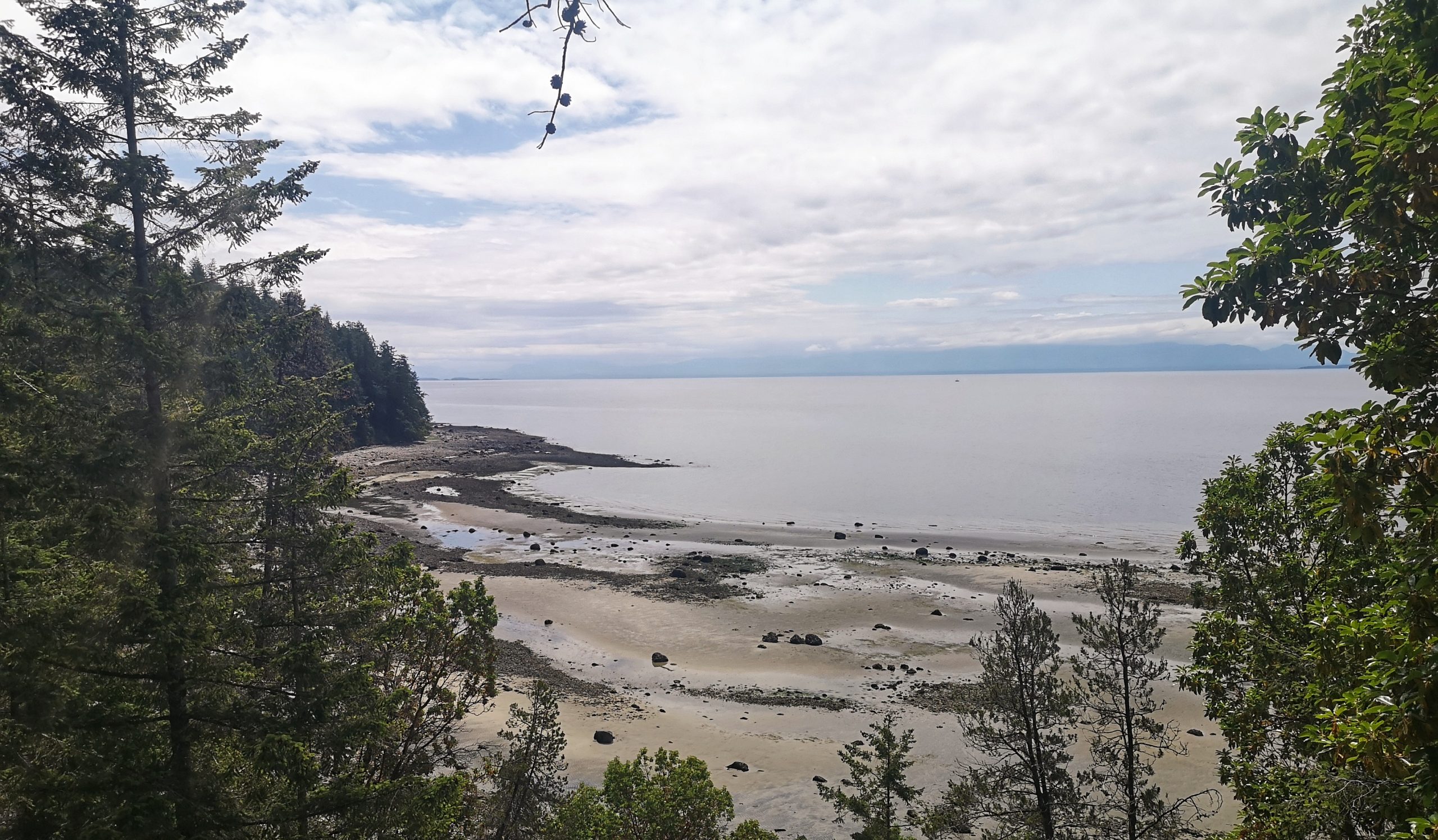Every age believes it is discovering something new, yet most of what unfolds are patterns repeating themselves in fresh costumes. Industry, politics, and technology don’t just respond to needs — they create them, manufacture belief, and entrench dependence. What we call progress often carries within it the residue of manipulation, inversion, and distortion, drawing us further from what is natural, simple, and human.
Tag: resilience
We like to think we have time — that tomorrow or next year we’ll finally sit down and give life to the things that matter most. But time has never been ours to control. This piece is a reminder, to myself as much as anyone, of what’s lost when we wait, and what’s possible when we stop waiting.
Life on the island has taught me much about simplicity, authenticity, and the contrast between calm community living and the noise of the modern world. As I prepare to leave, even if only for a while, I reflect on what quality of life truly means — and the choices each of us must make to live in alignment with our deepest values.




